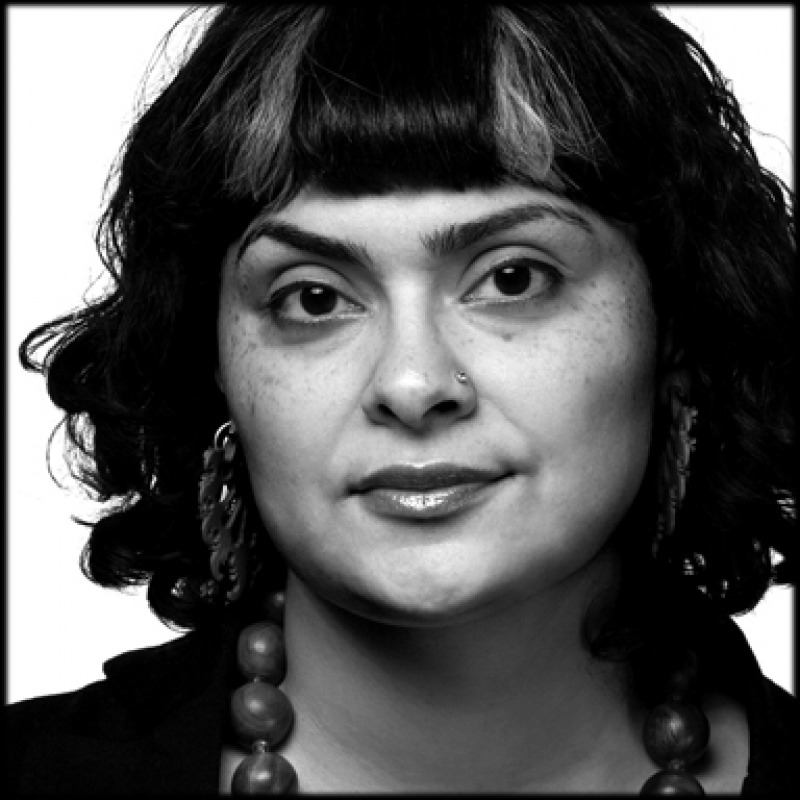
1. In your opinion, can the craft of poetry truly be taught, or is it an innate talent? What experiences have shaped your perspective on this?
If we attempt to widen our understanding of poetry, beyond conceptions of society and culture, we realize that poetry has always existed. Before speech and thought, there was poetry. In guttural sounds emanating from the body of early humans, there was poetry. In strange babblings from the lips of our ancestors, there was poetry. For us to conceive of poetry as somehow linked to a kind of ivory tower pursuit that has confines and rules is entirely erroneous. Poetry emerges where nothing else can. It is a language of power. It is a healing magic. If one can feel, one can write poetry. This is where it gets tricky though, because to feel is in itself an art. Therefore, the poet’s job is also to enable others to feel. If we all stopped feeling, there would be no poetry.
2. How do you differentiate between teaching the technical aspects of poetry (like form, meter, and metaphor) and fostering a poet’s unique voice and creativity?
We can differentiate if we like and certainly there are many ‘forms’ of poetry… a plethora, from every literary culture, or we can always focus on the individual voice using form as a device for learning. As artists, (for a poet is one) learning of established conventions and traditions is a good way to learn how to create entirely new ways of creating.
In my teaching, the individual voice is the most important to hone. Some voices may love to utilise the sonnet form to learn more about their own voice, in which case the form becomes important to them. For other poets, the sonnet form couldn’t kill their inspiration quicker! There are no hard and fast rules in poetry, as far as I am concerned.
3. What are some of the most effective methods or approaches you’ve seen for teaching poetry, especially to those who might initially feel intimidated by the art form?
Creating safe spaces for vulnerability is quite important in poetry, this is because it is pure expression. Therefore, allowing people to go at their own pace and not feel pressured is important in facilitating poetry. I’ve been teaching for many years now and one thing that becomes clear is that teaching poetry is unlike anything else. Poetry prompts are just that: prompts. What I enjoy immensely is seeing what the poets who come through my courses make of the prompts. Sometimes, the work has absolutely nothing to do with the prompt, but I love learning of one image or word that set them off. Providing freedom and space are to my mind the most effective methods for teaching poetry.
4. Do you believe that formal education in poetry can limit a poet’s creativity, or does it provide essential tools for expression? How do you balance teaching the rules of poetry with encouraging students to break them?
As an auto didact and a creative writer, I can’t say that education about a subject can limit us but I have witnessed how the poetry in English that is taught in our school systems to this day (where we have been talking about decolonization for a few decades) feels antiquated to the young people. There is nothing wrong with learning of traditions and history, but creative writing (and indeed any creative pursuit) is not necessarily nurtured by academic methods.
In my experience, I have seen that anything can be a tool for expression to be honest: a news clipping, a list of random words, a trip to the museum, a conversation with a stranger. Personally, I think there are enough sonnets in this world to last us a lifetime, however, if I see that a poet’s voice is really ‘singing’ via a sonnet or they have refreshed the sonnet and made it their own, then I will support that completely.

Sascha Akhtar is a Creative Writing lecturer at the University of Greenwich. She performs internationally, some highlights include the Emirates Festival of Literature 2022 and Rotterdam Poetry Festival 2012. Latest writings appear in the Prototype Annual 4, Cut-Purse (Tangerine Press), Of Myths and Mothers anthology 2022, and Lucy Writers Platform. Akhtar has poetry forthcoming with both Intergraphia and Haverthorn Press and a book of translations from Urdu with Oxford University Press (2023).These follow on from six poetry collections, including The Grimoire of Grimalkin, (SALT, 2007), The Whimsy of Dank Ju-Ju (Emma Press 2019), and the innovative tarot deck of poetry Only Dying Sparkles (Zimzalla 2018). Akhtar has been facilitating teachings in magical practice and poetry at the Poetry School exclusively since 2018.
Add your Reply
You must be logged in to post a comment.